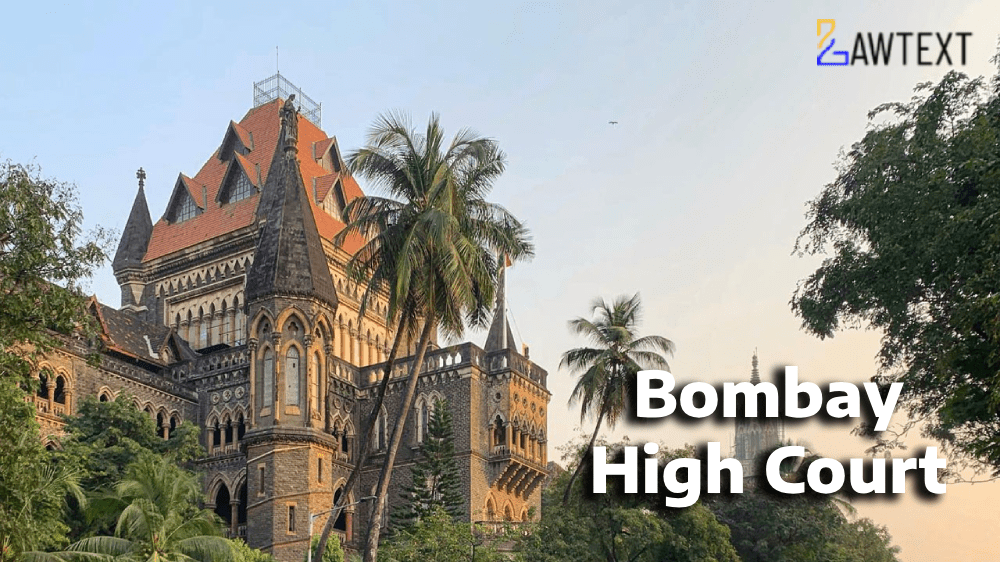Case Note & Summary
The Supreme Court of India quashed a complaint filed by the Directorate of Enforcement under the Prevention of Money-Laundering Act (PMLA), 2002, due to the absence of scheduled offences. The court ruled that since the offences cited in the complaint, except for conspiracy under Section 120B of the Indian Penal Code (IPC), are not scheduled offences under the PMLA, there can be no "proceeds of crime" as defined by the Act, making the application of Section 3 of the PMLA inapplicable.
1. Background:The writ petitions were taken up for final hearing, challenging the complaint filed by the Directorate of Enforcement under Section 44(1)(b) of the PMLA concerning ECIR/RPZO/11/2022. The challenge centered on whether the offences cited in the complaint qualified as scheduled offences under the PMLA.
2. Court’s Observations:The Supreme Court observed that the scheduled offences alleged were under various sections of the Income-tax Act, 1961, read with Sections 120B, 191, 199, 200, and 204 of the IPC. Except for Section 120B of the IPC, none of these are scheduled offences under the PMLA. The court referred to its previous decision in Pavana Dibbur v. Directorate of Enforcement and noted that an offence under Section 120B of the IPC becomes a scheduled offence only if the conspiracy is to commit an offence specifically included in the PMLA Schedule.
3. Key Legal Principles: Scheduled Offence Requirement: For an offence under the PMLA to be made out, the existence of a scheduled offence is a prerequisite. Proceeds of Crime: Without a scheduled offence, there can be no proceeds of crime, and hence, no offence under Section 3 of the PMLA. 4. Court’s Decision:The Supreme Court quashed the complaint, ruling that no scheduled offence was made out based on the facts of the case. The court also noted that directing the Special Court to apply its mind to the complaint would be an empty formality since no prima facie case for an offence under the PMLA could be made.
5. Further Directions: Quashing of Complaints: The complaints against the petitioners Anwar Dhebar and Arun Pati Tripathi were quashed. Interim Order Extension: The court extended the interim orders passed on 7th August 2023 for an additional three weeks, allowing the petitioners time to seek appropriate legal remedies. 6. Future Proceedings:The court left open the possibility of future criminal proceedings under the PMLA based on other allegations involving scheduled offences but did not address the legality of such proceedings at this stage.
Issue of Consideration: YASH TUTEJA & ANR. VERSUS UNION OF INDIA & ORS.
Premium Content
The Issue of Consideration is only available to subscribed members.
Subscribe Now to access critical case issues





